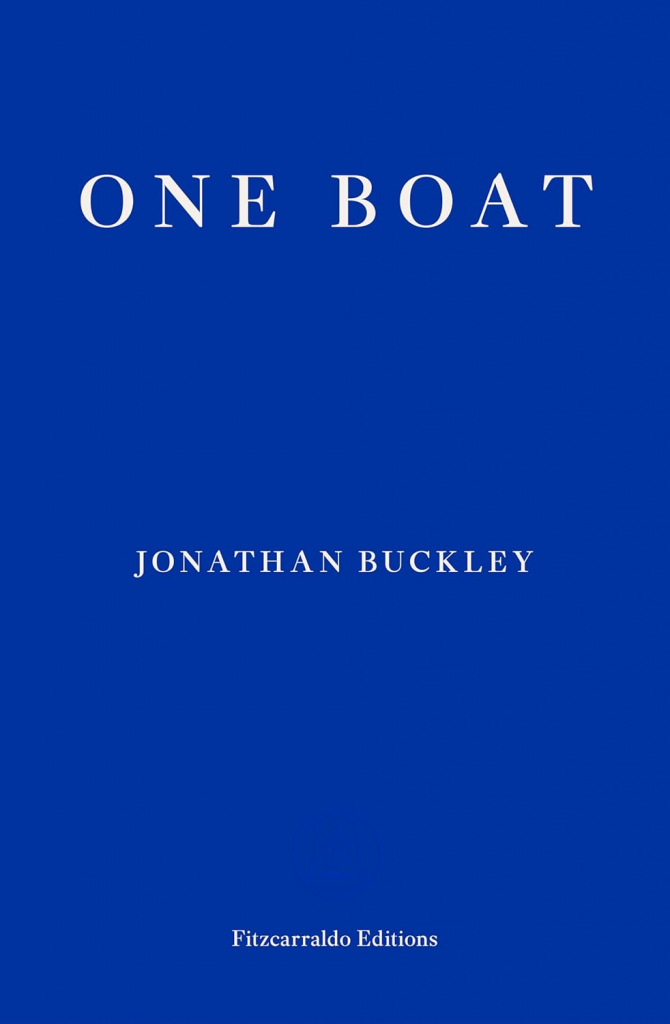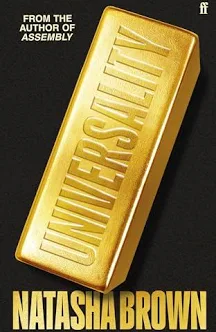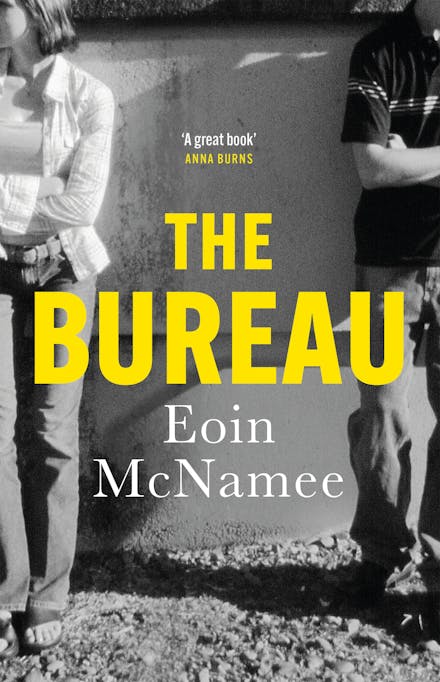I haven’t actively enjoyed an Ian McEwan novel since Amsterdam, the brisk, discomfiting and wryly amusing 1998 follow-up to what for me has always seemed the high-point of his career, 1997’s Enduring Love. Probably his most famous novel – certainly his most widely-read – is Atonement (2001), the book that catapulted him from being well known in literary terms to being well known in terms of having multiple film adaptations and of being the ‘go-to’ writer in times of national crisis. I didn’t like Atonement. It – the Dunkirk section especially, with its WW2-movie-inspired dialogue – seemed like heritage literature to me. I much preferred the weird, uncomfortable stuff – Black Dogs and The Child in Time – and Enduring Love, which, it seemed to me, was successful precisely because it inhabited a world and set of concerns McEwan understood and cared about. Atonement just felt – fake.
I’ve felt that way about pretty much everything he’s written since. Saturday, which strived for political relevance yet landed face-down in its own self-importance, was a low point, as was Lessons, a book that struggled to encompass the century yet managed to say only very obvious, Guardian-reader things in an obvious way. I kept looking for the nod and the wink but found only nostalgia. Scary. Scarier than The Cement Garden, in fact.
Why then did I find myself immersed in McEwan’s latest, What We Can Know, just days after it came out? One reason was deeply personal: Chris couldn’t stand post-Atonement McEwan and my insistence on keeping up with his work became a kind of running joke between us. I wanted to keep the joke going. The second reason was tied in with my low-level disappointment around the Booker Prize longlist. I gave up on that project after Seascraper, because I was finding it too dispiriting and worse, a waste of reading time. I found the judges’ choices baffling not because they were so, so awful but because I couldn’t believe there weren’t better books out there. Better in the sense I was trying to explain in my post about David Szalay’s (excellent) novel. Better in the sense of bigger, somehow. Books that reached around the side of time rather than settling for being here, so precisely in the mid-2020s, so good-enough-but-not-great. Books you probably wouldn’t think of reading again.
McEwan has reached that stage in his career where rejecting him from the Booker longlist is most likely an automatic reaction on the part of the judges. He has the fame and he has the money but he is no longer cool. He still gets the obligatory Today programme interview, the half-hour discussion on Front Row, but he’s going to be dissed from all the major prize lists. A devil’s bargain indeed, an uncomfortable space for a writer to occupy. Reading half of the Booker longlist and finding it so wanting made me wonder: had McEwan deserved to be dissed? Was his new novel truly even less ambitious than the books that had been selected? And I did like the sound of it. From what I’d read and heard beforehand, What We Can Know had a literary subject, a literary subtext. And a speculative framework. I was intrigued to see if he’d moved on since Machines Like Me, a novel that might have worked much better without the (utterly ridiculous) child-adoption plot strand, a lapse in logic that ruined the whole book, at least for me.
Part One of What We Can Know takes place in the 2100s, a world where accidental wars and the ‘Derangement’ (nod to Amitav Ghosh) of climate disruption has seen the world’s population cut in half and the balance of political and economic power slide away from America and China and towards Africa. The US is now all but inaccessible, torn apart by feuding warlords (nod to current headlines) while Britain has become an archipelago, with many of its cities – including, of course, London – inundated and its seats of higher learning centred in Snowdonia and the Scottish Highlands. Tom Metcalfe is a lecturer in English Literature, a specialist in the period from the 1990s to the 2030s (nod to McEwan’s own generation, natch) and obsessed with a poet named Francis Blundy. Blundy is said to have been ‘the equal of Seamus Heaney’, with a colourful personal life and surrounded by a sense of abiding mystery. The single extant manuscript of what might perhaps have been his greatest work, an abstruse and technically complex love poem to his wife, Vivien, went missing soon after it was written and is now presumably lost forever. Driven to terminal despair by his students’ indifference to what feels to them like ancient history (nod to all McEwan’s friends in academe and most of mine, too) Tom lets himself become convinced that the poem is still out there. When an equally obsessive archivist, Donnie Drummond, happens upon a clue, Tom sets off in pursuit. The second part of the novel returns us to our own world of the 2020s, and offers us a record of what Tom eventually finds.
Of course this book is soaked in nostalgia – it’s a McEwan novel. What differentiates What We Can Know from, say, Lessons is that McEwan (mostly) resists the temptation to step into the arena of grand pronouncements. He keeps his centre of action small and tightly focused. Moreover, he keeps it focussed on something he personally knows and cares about. As a result, the larger, more overarching themes – climate change, post-Brexit politics, environmental collapse – become a natural and relevant part of the story and significantly more effective. There is also a welcome return of some of the darker elements that so strongly characterised pre-Atonement McEwan. The handling of these elements – and the crisis that precipitates them – is really quite powerful, as the central tragedy becomes – again – both a haunting depiction of particular personal circumstances and a matter of overarching poetic symbolism.
McEwan’s treatment of speculative ideas is all the better for being relaxed – for being, in essence, a backdrop for a story that has more in common with AS Byatt’s Possession than with any one of a dozen more recent post-climate-change novels I could name. He does himself another favour by keeping Blundy’s actual poetry off the page – Byatt might have had the chops, but McEwan recognises – and indeed states – that his strengths lie with prose. Yes, he namechecks a load of his friends, but his skilful imagining of a fictional cast of literary characters to sit alongside them more than makes up for this. In the passages where Tom is talking about biography, about the final impossibility of stepping back into the past, McEwan’s referencing of Richard Holmes’s 1985 book Footsteps provides one of the novel’s most memorable and moving statements:
One evening, after walking through a heavy storm, Holmes crossed a bridge over the River Allier to enter the village of Langogne. It appeared to him a cheerful place, with its eleventh-century church and mediaeval market. But Holmes, footsore and exhausted, was gripped by a feverish idea that would not let him go, a blend of hallucination and hope: Stevenson would soon be arriving. The young man retraced his steps to the bridge and stood there a long while as darkness began to fall. He removed his hat in preparation for a formal greeting. Passers-by gave him odd looks. Bats started swooping over the river. Then he saw, fifty yards downstream, picked out against the fading gleam of the western sky, the old ruined bridge into town, the one his dear Stevenson would have crossed.
‘The waiting figure on the modern bridge is me,’ Tom adds, Being obsessed with time’s passing myself, I find these passages – which could stand in for the novel as a whole – both moving and resonant. It is no surprise that the novel’s title and epigraph are also drawn from Holmes’s work.
I enjoyed this book and I loved it, too. I would be telling Chris he had to read it. He would have complained, then given in and read it anyway. Then we’d have spent half a day arguing about it. I’m glad to keep the joke going. I also feel pretty certain that if What We Can Know had ended up on the Booker list, it’s the novel I’d be rooting for. Because in its imaginative reach, philosophical heft and skill in telling – a quality, I fear, that we have come to take for granted in McEwan and thus underappreciate – it feels much more like a Booker book than most of what is on there. Perhaps this is simply because its themes and landscapes and references are themes and landscapes and references I care about, too. But taking note of and acknowledging such shared affinities is surely what reading – and writing, also – is all about.







